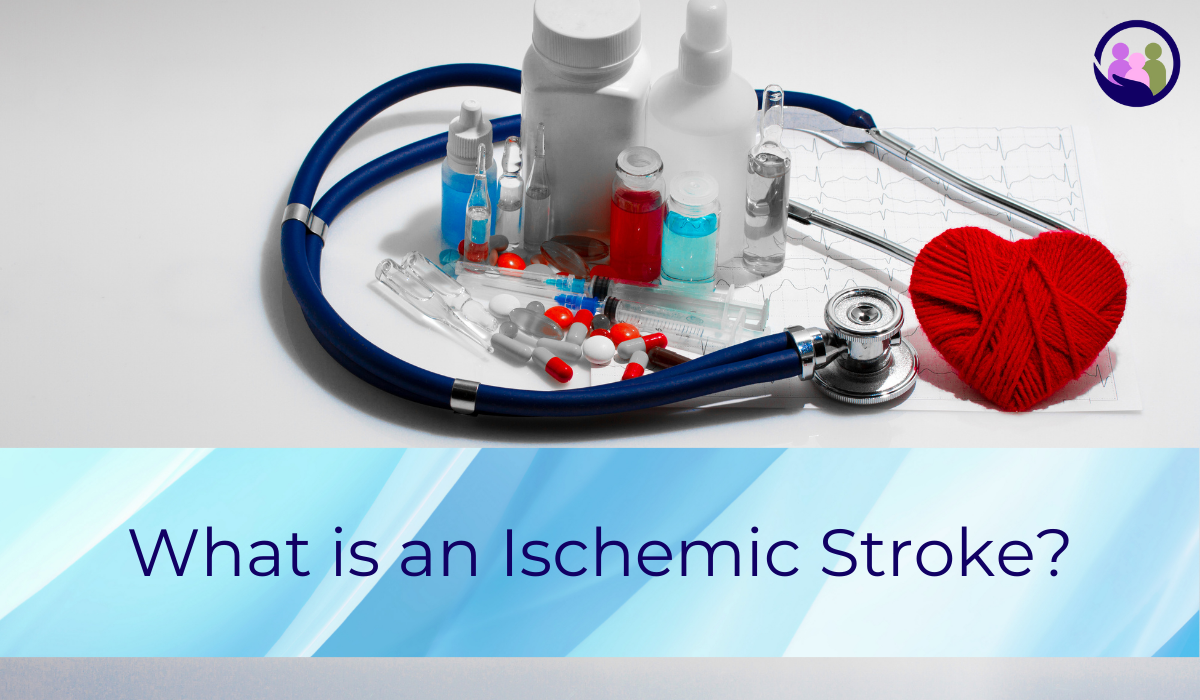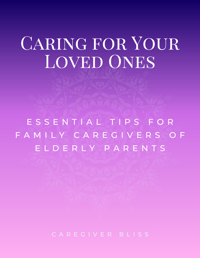What is an Ischemic Stroke?

Strokes are a serious medical condition that can have life-altering consequences, affecting millions of people worldwide each year. Among the different types of strokes, ischemic strokes are the most common, accounting for approximately 87% of all cases.
In this article, we will explore what an ischemic stroke is, its causes, symptoms, and available treatments.
What is an Ischemic Stroke?
An ischemic stroke occurs when there is a sudden disruption of blood supply to the brain, leading to a lack of oxygen and nutrients. This disruption is often caused by a blood clot or plaque that blocks or narrows an artery supplying blood to the brain. The word "ischemic" refers to the inadequate blood supply, and this lack of blood flow can result in damage to brain cells.
Causes of Ischemic Strokes
- Thrombotic Stroke: This type of stroke is caused by a blood clot (thrombus) that forms within one of the arteries supplying blood to the brain. These clots usually develop in areas damaged by atherosclerosis, a condition characterized by the buildup of fatty deposits (plaque) on artery walls.
- Embolic Stroke: An embolic stroke occurs when a blood clot or other debris forms elsewhere in the body (often the heart) and travels through the bloodstream to the brain, where it becomes lodged in a smaller artery.
Symptoms of Ischemic Strokes
Recognizing the symptoms of an ischemic stroke is crucial for seeking immediate medical attention. Common symptoms include:
- Sudden numbness or weakness in the face, arm, or leg, especially on one side of the body.
- Confusion or difficulty understanding speech.
- Trouble speaking or slurred speech.
- Sudden trouble seeing in one or both eyes.
- Severe headache with no apparent cause.
It's important to note that symptoms can vary, and not everyone will experience the same set of signs.
Risk Factors
Several factors increase the risk of ischemic strokes, including:
- Age: The risk increases with age, especially after 55.
- Hypertension: High blood pressure is a significant risk factor.
- Diabetes: Poorly managed diabetes can contribute to vascular issues.
- Smoking: Tobacco use damages blood vessels and increases clot formation.
- Atrial Fibrillation: An irregular heart rhythm increases the risk of blood clots.
Treatment
Timely treatment is crucial to minimize the damage caused by an ischemic stroke. Common approaches include:
- Clot-Busting Medications: Drugs like tissue plasminogen activator (tPA) can dissolve blood clots and restore blood flow to the brain if administered promptly.
- Mechanical Thrombectomy: This procedure involves physically removing a clot using specialized devices.
- Aspirin and Antiplatelet Medications: These drugs can prevent the formation of blood clots and reduce the risk of recurrent strokes.
Prevention
Preventing ischemic strokes involves managing risk factors through lifestyle changes, including:
- Maintaining a Healthy Diet: Low-sodium, low-fat diets rich in fruits, vegetables, and whole grains can help control blood pressure and cholesterol levels.
- Regular Exercise: Physical activity promotes cardiovascular health and helps manage weight.
- Quitting Smoking: Quitting tobacco use is one of the most effective ways to reduce stroke risk.
- Managing Chronic Conditions: Controlling conditions like diabetes and hypertension is essential for stroke prevention.
Conclusion
Ischemic strokes are a serious health concern that requires prompt attention. Understanding the causes, recognizing symptoms, and addressing risk factors can significantly reduce the likelihood of experiencing a stroke. By promoting a healthy lifestyle and seeking medical advice for potential risk factors, individuals can take proactive steps to protect their vascular health and overall well-being. Always consult with healthcare professionals for personalized guidance on stroke prevention and management.
We encourage you to share your thoughts and experiences in the comments below. Have you or someone you know faced the challenges of an ischemic stroke? What preventive measures do you find effective, or do you have questions about stroke awareness and management? Let's create a supportive community by engaging in a conversation that may inspire and educate others on this critical health topic. Your insights and shared experiences can make a meaningful impact in raising awareness about ischemic strokes and fostering a sense of community.
Free Guide:
Caring For Your Loved Ones
 Attention family caregivers! Are you struggling to provide the best care for your aging parents? Don't worry, we've got you covered.
Attention family caregivers! Are you struggling to provide the best care for your aging parents? Don't worry, we've got you covered.
Download our free guide, Caring for Your Loved Ones: 10 Essential Tips for Family Caregivers of Elderly Parents, and unlock the secrets to becoming an exceptional caregiver.
From adapting the home environment to promoting independence, this invaluable resource will transform your caregiving experience into a more rewarding journey. Don't wait—give your loved ones the care they deserve, and download your free copy today!
